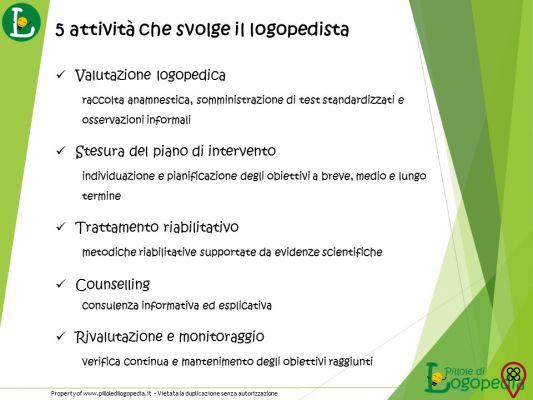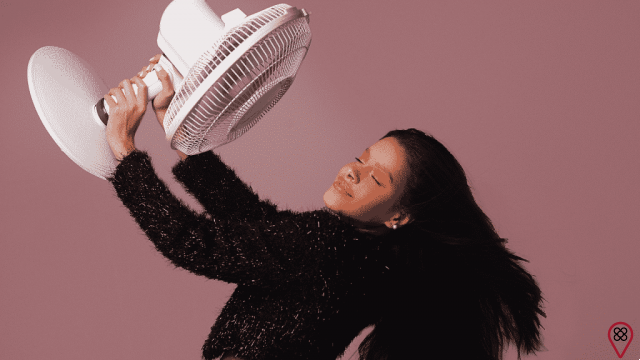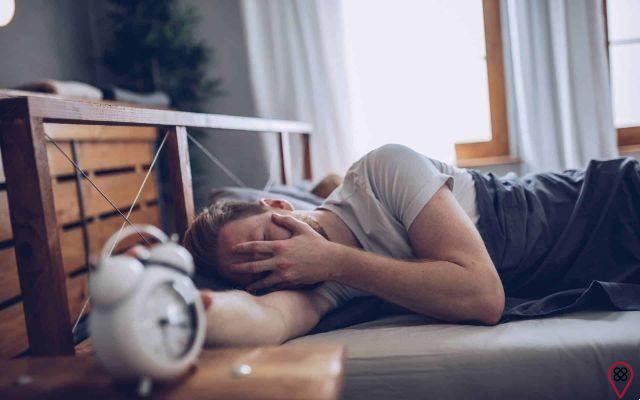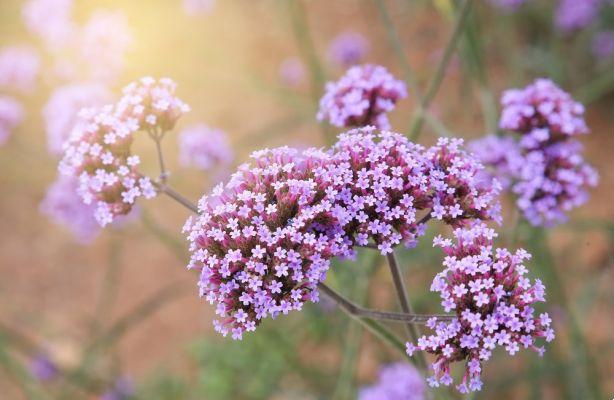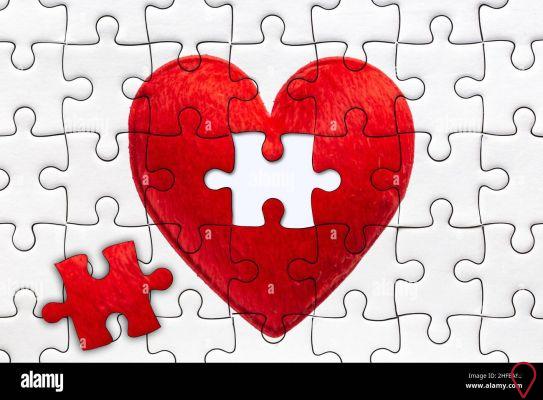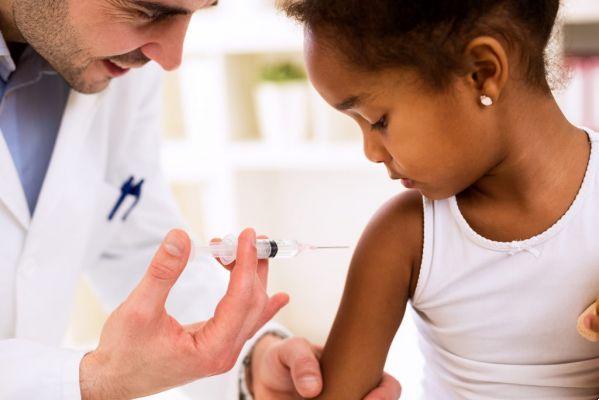Unless you're a doctor, enjoy studying biology and medicine, or have had a health problem related to them, chances are you've never heard of lymph nodes, which are small organs throughout our body that are essential for the lymphatic system.
If you've never heard of lymph nodes, but want to find out all about them and understand how they can help (or harm) your health, as well as understand what you can do to take care of their proper functioning, check out this article that we prepare and which explains all the details about the lymph nodes.
What are lymph nodes and what are their functions?
Also known as lymph nodes, lymph nodes are small organs that are scattered throughout the body, such as in the groin, neck, and armpits. All of them are connected to lymphatic vessels, ensuring the perfect functioning of the lymphatic system, responsible for ensuring that the liquids present in the tissue spaces return to the blood circulation. They form the lymphatic system, in addition to the lymph nodes, the amygdala, the thymus, the bone marrow, the spleen and the appendix.
Each lymph node has a size. While some are only 1 millimeter long, others are as long as 2 centimeters. The shape is similar to a bean seed. In general, their structure is formed by a nucleus called hilum, where there is medulla and where veins and arteries enter and exit. Lymphatic vessels come out in all directions from them.
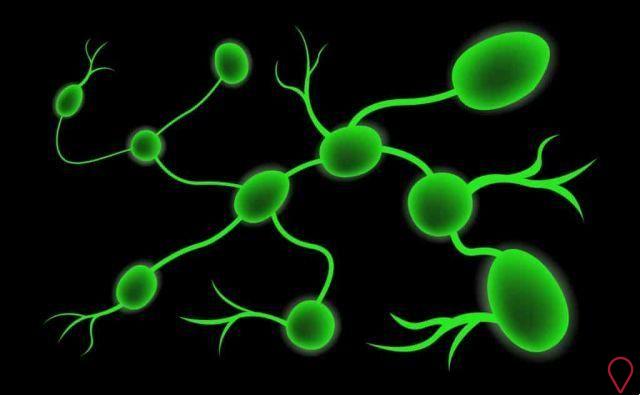
Within the lymph nodes, cells such as macrophages, B lymphocytes and plasma cells can be found, in addition to reticular cells and dendritic follicular cells. As the most common cell is the plasma cell, which is essential to the immune system, we can say, in summary, that the main function of the lymph nodes is to take care of our immunity.
In addition, another function of it is to filter the lymph, a colorless liquid that has a composition similar to that of blood plasma, which ensures that foreign particles are removed, which could enter the circulatory system when the lymph returns to it. This removal of foreign particles happens precisely because the lymph nodes are rich in immune system cells.
Lymph nodes and body language
Body language is a pseudoscientific alternative therapy that argues that all the emotional, psychological and sentimental problems that afflict us can have consequences on our physical health. Therefore, according to this theory, if we have psychological or sentimental misalignments, these mistakes can manifest in our body, affecting the functioning of it and/or one of its parts.
According to the language of the body, problems in the lymph nodes can develop when we have difficulty filtering what we receive, feel and think, so this ends up being reflected precisely in that part of our body that is responsible for filtering foreign particles that could enter our bloodstream.

You know when you hear different sides of a story to come to some conclusion but it only adds to your confusion? You know when you're so immersed in hurt and anger that you don't know how to let go of those feelings to come to some rational conclusion? Do you know when your thoughts are racing and you think about a thousand and one factors but you can't come to a conclusion precisely because you're thinking about thousands of things at the same time? All these problems are related to not being able to do this filtering.
When, therefore, we have difficulty organizing our emotions so that we only have what matters, this can be reflected in our physical health, affecting our lymphatic system and disrupting its functions, which are precisely those of filtering the body.
Lymph node problems
The main problem that can affect the lymph nodes is popularly known as ingua, or enlarged lymph nodes, but it is also recognized by its more technical name: lymph node enlargement. This disease is characterized by an infection or inflammation in the lymph nodes, which can arise from several factors, whether serious, such as cancer, or something simpler, such as skin irritation.
The main symptom of the disease is the accumulation of red spots and spots on the body. Lymph node enlargement can be localized, when the inflamed nodes are close to the site of infection, or generalized, when it is a systemic infection that lasts a long time and ends up spreading throughout the body.
These sores are usually transient, as they have benign causes, and usually disappear in a period of 3 to 30 days. If, however, they grow more than 2 centimeters, last more than 30 days, or appear associated with conditions such as weight loss and fever, it is essential to see a doctor, because these lymph node enlargements can end up just being symptoms of a bigger problem, more worrisome. and that, for that reason, demands more attention.
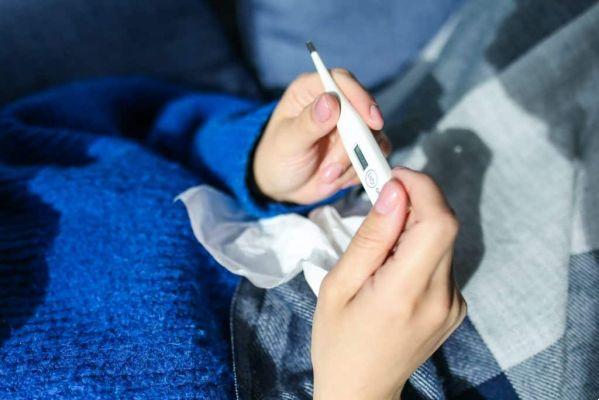
Among the serious conditions that can cause sores are acute infections, tumors, and autoimmune diseases such as AIDS. Among the less severe conditions that bring these lesions are pharyngitis, colds, flu, otitis, conjunctivitis, inflamed acne, herpes, cavities, gingivitis, periodontitis, among others.
In addition to the tongues, another problem, this one more serious, also affects the lymph nodes. Lymphoma is a cancer that affects lymphocytes and, consequently, lymph nodes. This type of cancer can develop elsewhere in the lymphatic system, but it often starts in the lymph nodes in the armpit, groin, and neck.
In general, the main symptoms are the appearance of lumps, fever, excessive tiredness, night sweats and excessive weight loss for no apparent reason. There are two types of lymphoma, Hodgkin's lymphoma, which affects specific body defense cells, such as type B lymphocytes, and non-Hodgkin's lymphoma, which develops from B and T lymphocytes.
Diagnosis of this type of cancer is usually made through a blood test and then through a bone marrow biopsy. Possible treatments include bone marrow transplantation, chemotherapy and radiation therapy. If diagnosed early, the chances of cure are usually high.
What to do to have healthy lymph nodes
In the medical literature, there are no indications for preventive care of lymph nodes, but there are actions that we can take that protect our lymphatic system as a whole from lymph nodes, passing through the thymus, spleen and all other organs and structures that form the lymphatic system. Check out below which are these preventive measures that can be adopted for a more accurate care of the lymphatic system:
— Exercise: The movement of lymph between the organs of the lymphatic system depends on the contractions of the surrounding muscles, so moving and exercising are essential to take care of the lymphatic system properly.
— Reduce stress: the more calm and relaxed we are in life, the more lymph circulation is stimulated in our body, so practices such as yoga, pilates and deep breathing exercises are great allies in combating everyday stress.
— Hydrate yourself: the processes of the lymphatic system are made up of 95% water, so being hydrated is essential for it to function properly. Drinking lemon water is also a good option for detoxing because it hydrates the body and also encourages an alkaline environment. Finally, the water makes the lymph thinner.

— Use essential oils: essential oils can detoxify tissues and improve lymph flow, which, as we have seen, helps remove toxic substances from our body. As self-medication is not recommended, we will not suggest essential oils for the best of the lymphatic system, because the recommended thing is to look for an aromatherapy specialist to receive the correct indication.
— Perform lymphatic drainage: this technique, which must be performed by a qualified professional, stimulates the circulation and drainage of fluids, toxins and other waste, promoting proper elimination. It is considered a great decongestant therapy.
— Take care of food: avoid a diet high in fat and carbohydrates, because they affect your immune system and the lymphatic vessels of the intestine are susceptible to dysfunction, especially in cases of unhealthy diets.
— Laugh (yes!): A study published in 2009 by two researchers at Western Kentucky University in the United States showed that when we laugh, diaphragmatic breathing stimulates strong negative pressure in the thoracic duct, which causes fluid to lymphatic seek an area of lower pressure and, consequently, shoot the lymph up and out through the lymphatic vessels.
You may also like
- What can the lymphatic system do to our body?
- Learn to protect yourself from malevolent spiritual energies
- Discover the benefits of laughter and release stress
- Awaken care with prevention through ayurveda
- Body language and physical changes
— Look for ayurveda: Ayurveda, an alternative medicine system developed in India over 7 years ago, has a technique called dry brushing that helps remove dead skin cells as well as toxic waste. It therefore stimulates sweat glands, opens pores and promotes underlying lymphatic circulation.
If you notice any changes or strange behavior in your body and think it is related to the lymphatic system, make an appointment with an angiologist, who specializes in the circulatory and lymphatic systems. Only after a consultation will he be able to guide you about tests and treatments, if they are really necessary.
Despite being quite unknown to people, lymph nodes, as we have seen, have an essential function in our body, as they are responsible for eliminating harmful substances from our body. Paying attention to the care of the lymphatic system is essential to keep our health up to date and avoid short- and long-term ills. Take care of your body. Take care of yourself!



